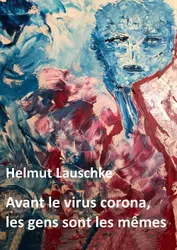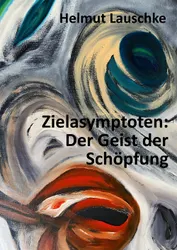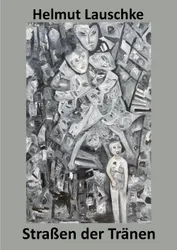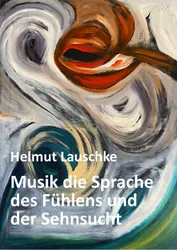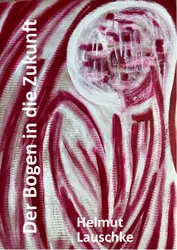The restriction of function and freedom of movement goes with the emotional distress of permanent coercion, which is the loss and painful realization that leads to total inability. The removal of a part of the body creates a "dent" in the personality, which can be quite significant. Any type of amputation defends itself against being dependent on other people. The question goes in the direction of loss of freedom, and the more so the less able to walk and grasp the personality.
By cutting off the limb, a sector is cut out of the closed circle of individuality. However, the integrity presupposes the intactness, which is violated for medical reason. Surgery has cut into the originality of what belongs together as a unit. The reason may be considerable. Compared to the originality, they are of secondary importance. It is the image of the tree that is wounded with an ax and is "bleeding". The impact is serious. It is possible that "hemostasis" and thus wound healing is no longer possible. Separation has forever removed the integrity of the individuality and forever given it the pain in existence with incompleteness and dependency.
The injured person is frail, both mentally and physically. He has to bend down to things that he had previously done "upright" or defended against. In this way the human being has become unfree in the entirety that the freedom is completely suspended. The degree of restriction determines the degree of dependence on other people. One slips out of normalcy and keeps the cut leg 'in hands' all the time. Severing of a limb is a highly traumatic intervention, this in particular to mental stress.
People, especially children, lost their lives to land mines. Injured who survived were operated on in the hospital what was mostly limited to post-amputation on arms and legs. It was often the second procedure after the intervention on one or more body cavities. This trauma surgery placed an additional and heavy burden on the body and soul.

